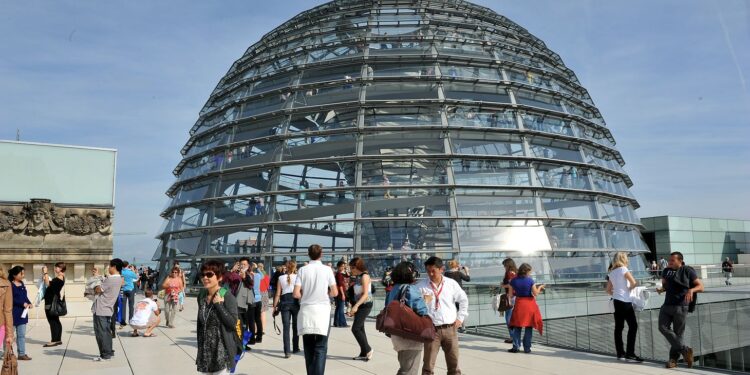On 20 June 1991, the German Bundestag voted in a narrow but decisive decision to move the capital of Germany from the sleepy Rhineland city of Bonn to the historic and once-divided city of Berlin. The vote marked a symbolic and political turning point in the country’s post-war history, confirming Berlin’s role as the seat of power in a reunified Germany after the fall of the Berlin Wall and the end of the Cold War.
The parliamentary debate, held in Bonn’s plenary chamber, was emotional and deeply contested. Lawmakers weighed more than just logistics; for many, the choice was about the soul and direction of the newly reunified Germany. After hours of debate, the Bundestag voted 338 to 320 in favour of returning the capital to Berlin—a city that had served as the heart of German governance for centuries before being scarred by division and dictatorship.
For supporters, the move to Berlin represented healing and historic justice. “It is not only a decision about geography,” declared Chancellor Helmut Kohl, a strong advocate for Berlin. “It is a decision about our history, our future, and the unity of our people.” Berlin, once a symbol of Cold War division, would now be the beating heart of a democratic, modern and integrated Germany.
Critics, however, raised concerns about the costs and disruption involved. Bonn, which had served as the capital of West Germany since 1949, had developed a stable political culture and a sense of continuity during decades of reconstruction and growth. Some lawmakers and civil servants feared that a move to Berlin might undermine that stability and overload a city still grappling with economic disparities between east and west.
Nonetheless, the symbolism of Berlin proved irresistible. As the largest city in Germany and a historic centre of European power, Berlin was seen as the natural choice to represent a reunified nation. The decision was also a message to the world that Germany was stepping forward with confidence and transparency, shedding the legacy of post-war division.
In practical terms, the transition took nearly a decade. Ministries began relocating in stages, and by 1999, the Bundestag had officially reconvened in the newly restored Reichstag building. Today, Berlin hosts all major branches of government, embassies and federal institutions, while Bonn retains some residual administrative functions as a “federal city.”
The 1991 vote stands as one of the most consequential in modern German history. It reshaped the physical and psychological landscape of the nation and gave Berlin a second chance to serve not as the capital of division, but of unity and democracy.
newshub finance



Recent Comments